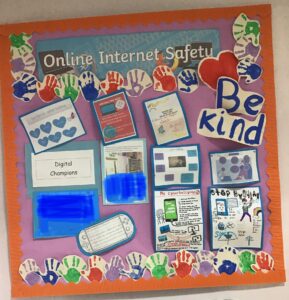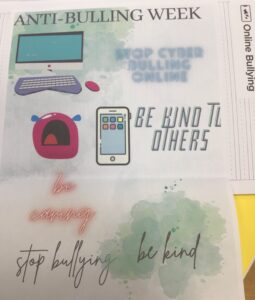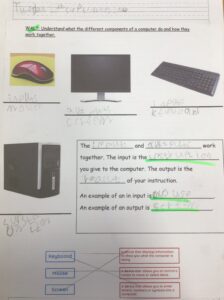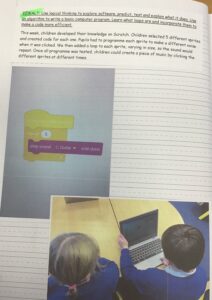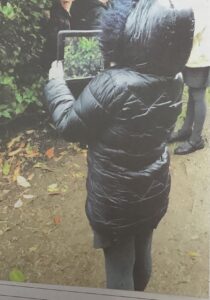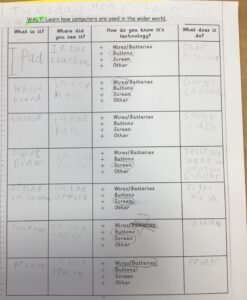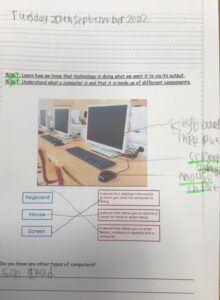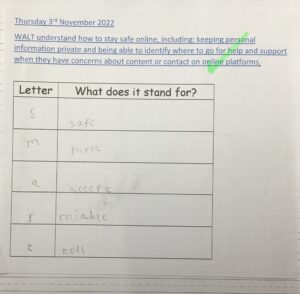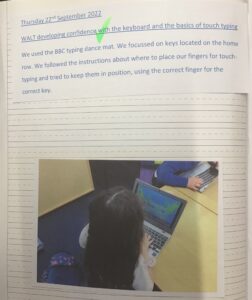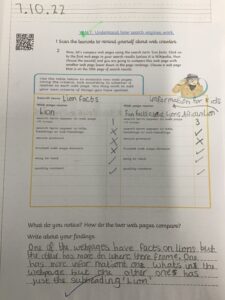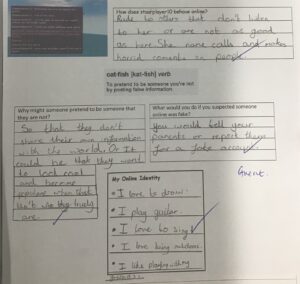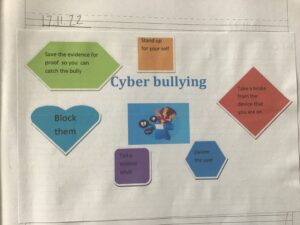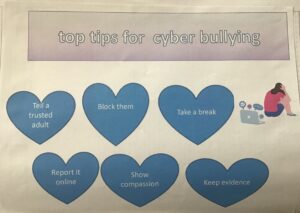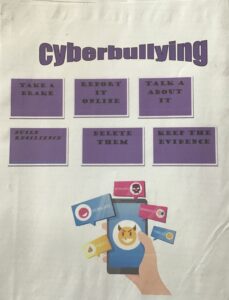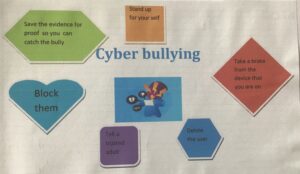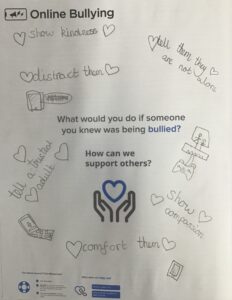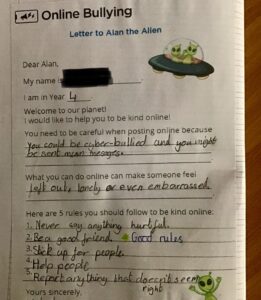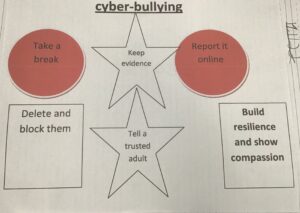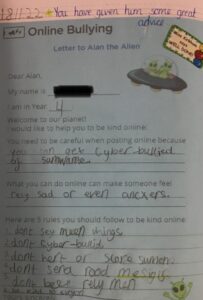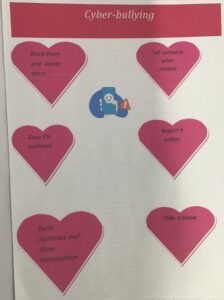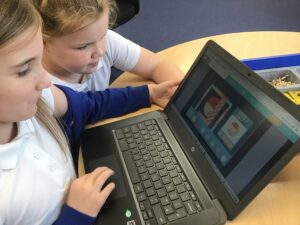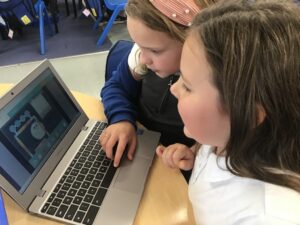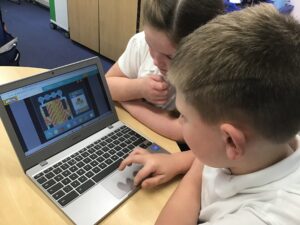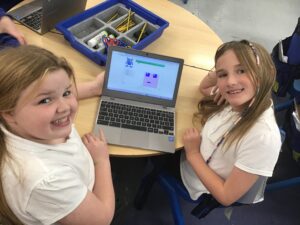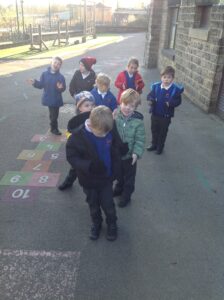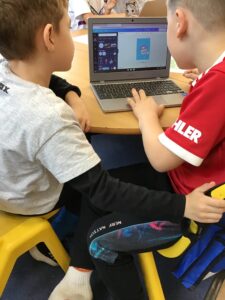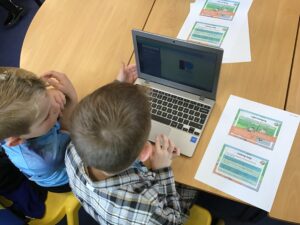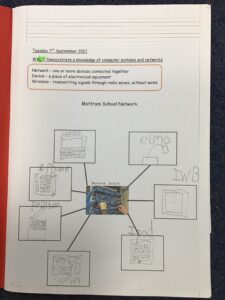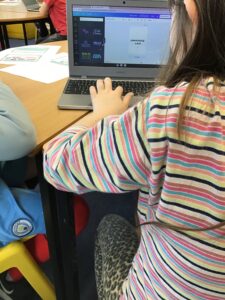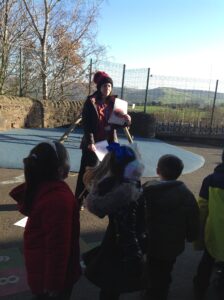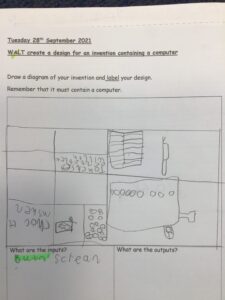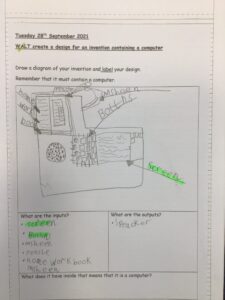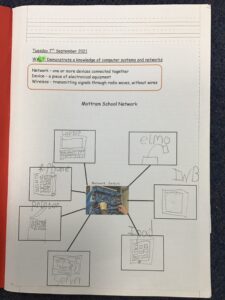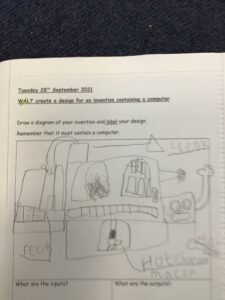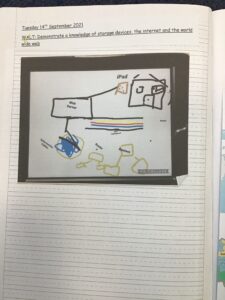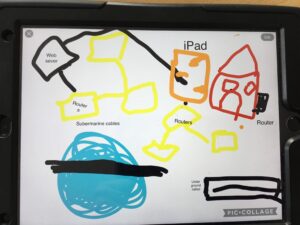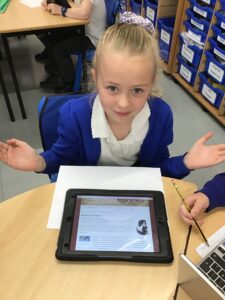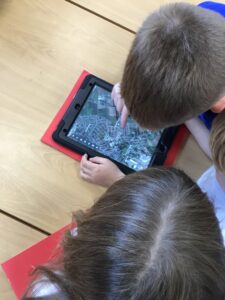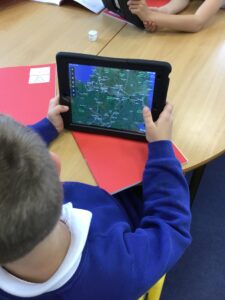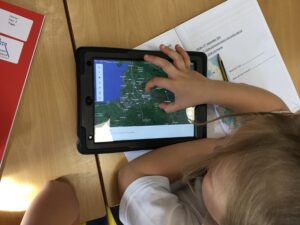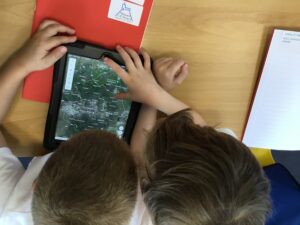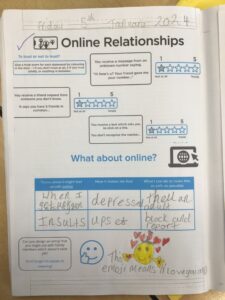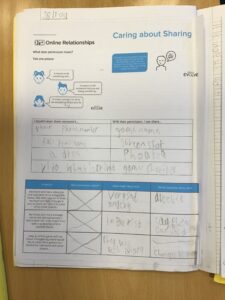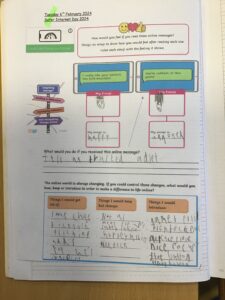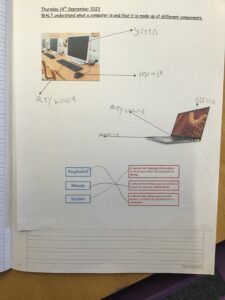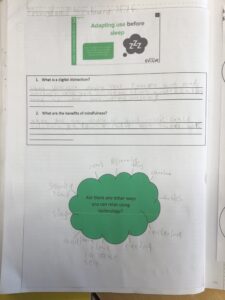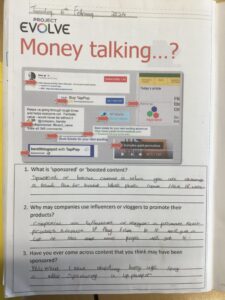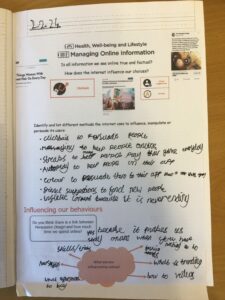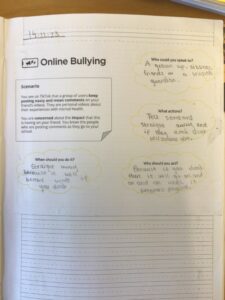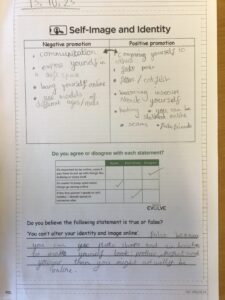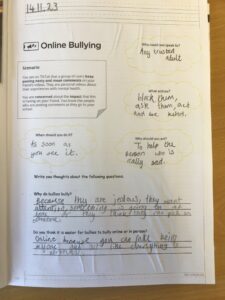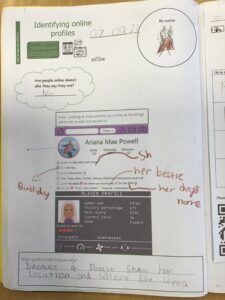Computing
Computing Intent
At Mottram C of E Primary School, we aim to equip our pupils with the computational knowledge and skills to be successful in our fast changing, technological world. We want to provide our pupils with enjoyable, engaging and practical experiences of programming, algorithms and data representations, that will develop their computational thinking, independence skills and encourage creativity.
We intend to provide a progressive Computing curriculum that follows a sequence and builds on prior learning. Pupils will be able to transfer their skills to enhance their learning across other areas of the curriculum.
With technology playing such a significant role in society today, we want our children to be responsible online citizens and use their knowledge of online safety to be a force of change in the digital world, believing that they can transform online content for the good.
Computing Implementation
We have designed the curriculum to build on previous learning and provide both support and challenge for all. We follow the Kapow Primary Computing Curriculum and provide creative Computing learning experiences linked to our progression document.
Our progression document shows that knowledge and skills are taught within each year group and it is evident how these skills develop year on year. The progression document is organised into three key areas: Computer Science, Information Technology and Digital Literacy. The progression document shows that there is a wealth of opportunities for pupils to develop their knowledge and skills in the core area of Computing – Computer Science.
Information technology lessons equip pupils to use the internet, emails and different software. Lessons enable pupils to read and input data, and pupils are able to recognise the wider uses of technology.
Digital literacy lessons follow the eight aspects of Education for a Connected World to ensure all of our pupils are digitally literate.
Computing is taught every week discretely for at least 45 minutes in Years 1 to 6. In the Early Years Foundation Stage, teaching and learning is enhanced through the use of technology regularly. Additional, cross-curricular Computing sessions, linked to the class topic, are taught if they are beneficial in developing skills and knowledge. Some programming sessions are delivered by a computing specialist.
Each Computing lesson incorporates a range of teaching strategies from independent tasks, paired work, group work, as well as a mixture of unplugged and digital activities. We challenge all pupils within the session; however, differentiated scaffolding and support is provided where appropriate. Pupil’s work is stored in books and safely in the school’s online drive for reference and to monitor progress.
Computing Impact
Our pupils are enthusiastic, confident and enjoy Computing. They recognise the importance of technology in today’s society and appreciate the range of opportunities it can provide inside and outside of school. Pupils are able to use technology responsibly, with care for themselves and others.
Progress in Computing is monitored within individual lessons and across a unit of lessons. Pupils are assessed against the progression document and the learning objectives in the Kapow Primary Computing Curriculum. Assessments are gathered through questioning and the outcomes of individual tasks, paired and group work and fun, engaging quizzes. Teachers carry out regular observations of how pupils perform in lessons to ensure they have gained skills and knowledge over time. Pupil voice is gathered as a means to assess the level of enjoyment in the subject and each pupil’s understanding of the three key areas of the progression document.
The range of assessment strategies implemented allow teachers to identify and provide additional support or challenge for pupils where necessary.
Pupil Voice
‘You should always ask a parent if you want to go online and never tell anyone else your password.’ (Year 1)
‘We played a game with inputs and outputs. If we jumped, the output was to spin around. It was fun!’ (Year 1)
‘We know lots of Computing words: algorithm, programming, input, output, cyberbullying, wired, wireless, decomposing and information technology.’ (Year 2)
‘We use technology for lots of things. Maps if we get lost. Fixing things. To do research. To make a phone-call.’ (Year 3)
‘We use Swiggle to stay safe on the internet. We keep our passwords and messages safe. We always tell an adult if something happens online and we don’t listen to fake news.’ (Year 4)
‘I have definitely got better at programming because the teacher has really helped us.’ (Year 5)
‘We have been programming. We have learnt sensing, motions, variables and made our own games.’ (Year 6)
Policy
Progression
Useful Websites
https://www.thinkuknow.co.uk/
https://parentinfo.org/
https://www.net-aware.org.uk/
https://parentsafe.lgfl.net/
Digital Parenting
Internet Matters Parent Posters
Screentime Parent Advice 0-5years
Screentime Parent Advice 5-7years
Screentime Parent Advice 7-11years
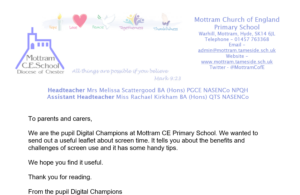
https://twitter.com/MottramCofE/status/1523617556820795392/video/1
Online Safety
Online Safety Presentation by the Pupil Digital Champions
Parents Safety Net- keeping children safe online during summer hoildays
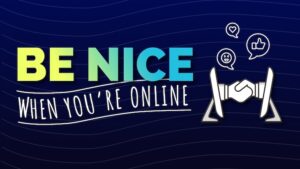
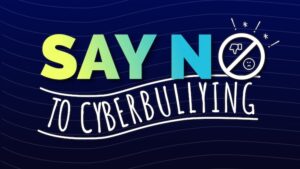
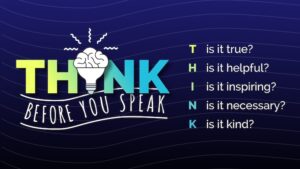
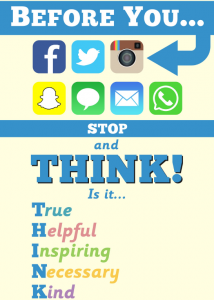
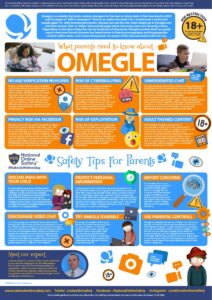
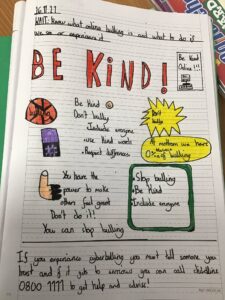
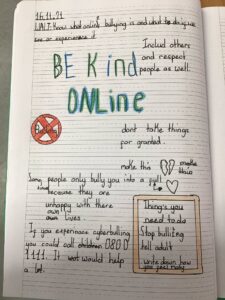
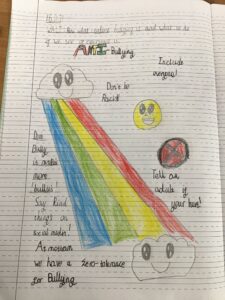
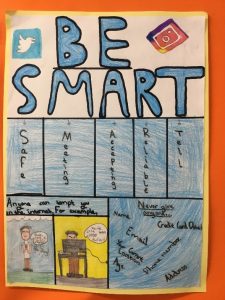
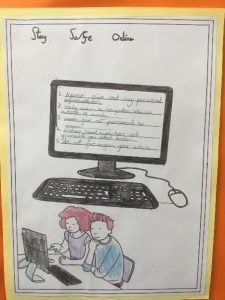
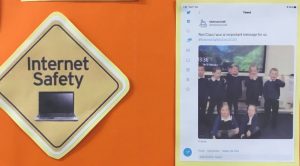
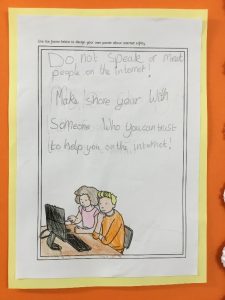
Pupil Online Safety Posters for Parents

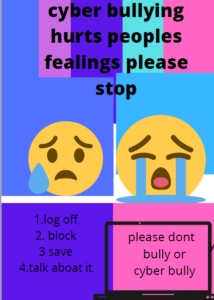
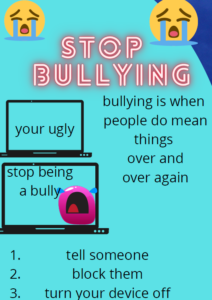
Computing at Mottram
